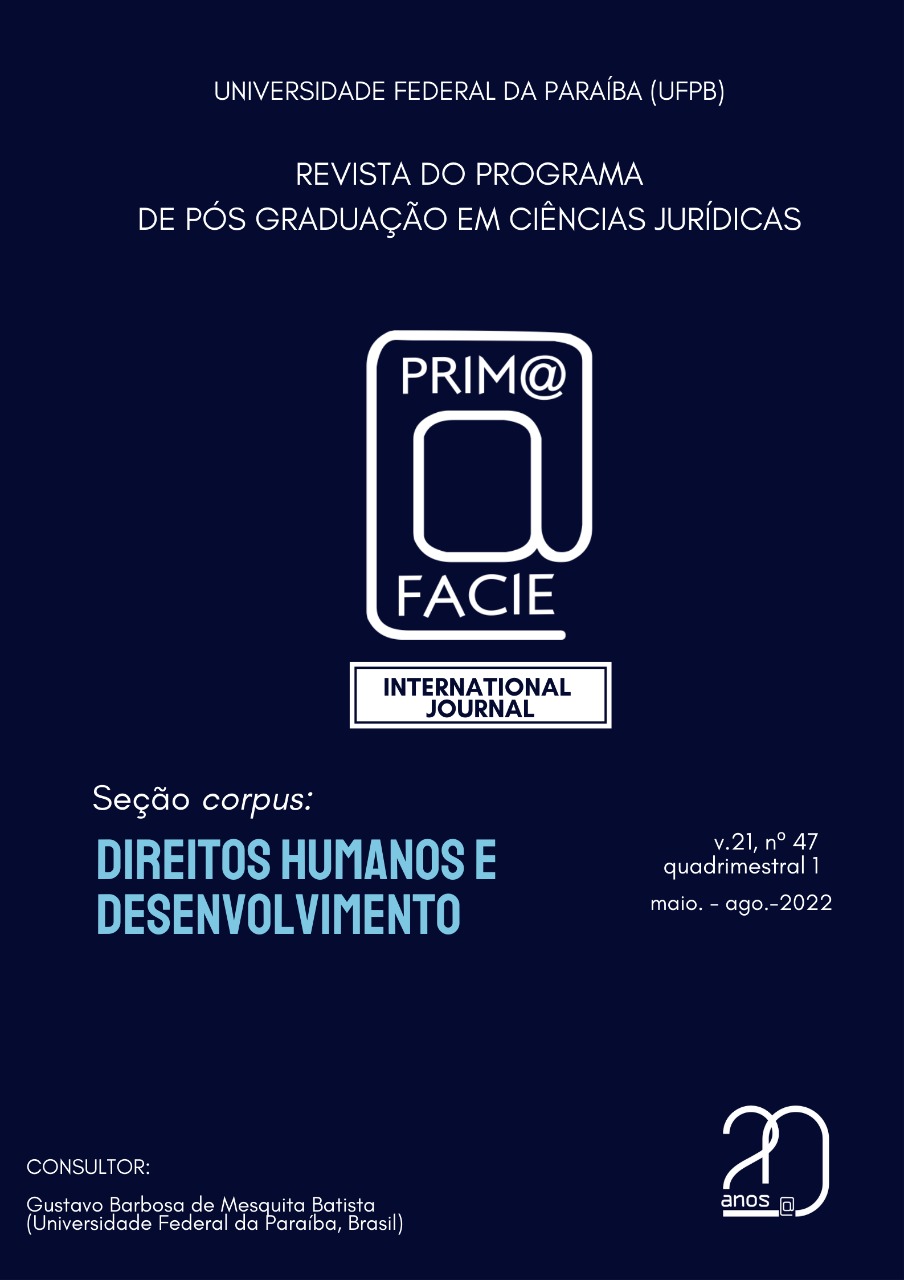Prison In Second Instance: A Persisting Legal Insecurity
DOI:
https://doi.org/10.22478/ufpb.1678-2593.2022v21n47.60747Keywords:
Supremo Tribunal Federal; Presunção de Inocência; Trânsito em Julgado.Abstract
The present work aims to discuss the immediate execution of the penalty in the second instance, analyzing the judgment of Direct Actions of Constitutionality 43, 44 and 54. Through the judgment, the defendant can only serve the sentence when all contesting means are exhausted, modifying, once again, the previous understanding, from 2016, which provided for the possibility of executing the penalty after conviction in the second instance. The Federal Constitution establishes as a permanent clause the principle of presumption of innocence in its article 5, item LVII, in which imprisonment is only possible after the final and unappealable decision of the criminal sentence. Through bibliographical research and the inductive method, the study of the subject will be analyzed, allied to a legal uncertainty that the not rare changes of understanding by the STF bring to the legal system. The analysis begins with the current criminal procedural system, continuing with the principle of presumption of innocence. The article also discusses the immediate execution of the penalty in the Jury Court, under the new Law No. 13.964/2019. Finally, we seek to analyze the judgment of ADC's 43, 44 and 54, which changed, finally, the understanding of the STF, judging article 283 of the Code of Criminal Procedure as constitutional.
Downloads
Downloads
Published
How to Cite
Issue
Section
License
Copyright (c) 2022 A Prim@ Facie detém direitos exclusivos de publicação e distribuição sob concessão absolutamente franca da parte do autor, ou autores.

This work is licensed under a Creative Commons Attribution-NonCommercial-NoDerivatives 4.0 International License.
Os autores estão cientes de que transferem seus direitos de publicação e distribuição à revista Prima Facie. Os autores autorizam o uso do trabalho para fins não-comerciais, incluindo direito de enviar o trabalho em bases de dados de Acesso Livre. As provas finais poderão não ser enviadas aos autores antes da publicação, seguindo a revista seu padrão técnico explicitado nas suas normas e nos formatos praticados em acordo com a CAPES e com padrões de excelência adotados. As opiniões emitidas pelos autores são de sua exclusiva responsabilidade não sendo a revista solidária da livre opinião exposta por eles.

